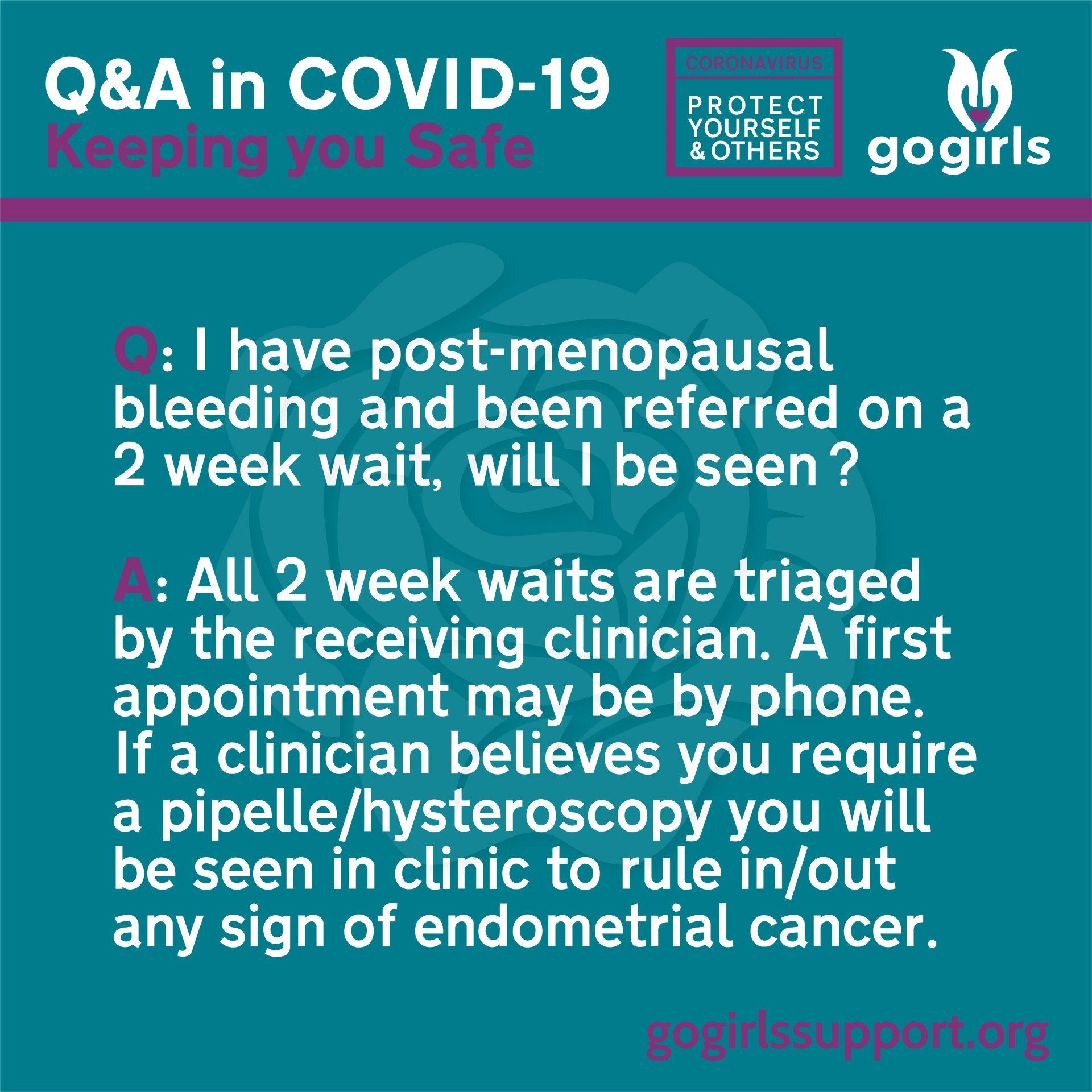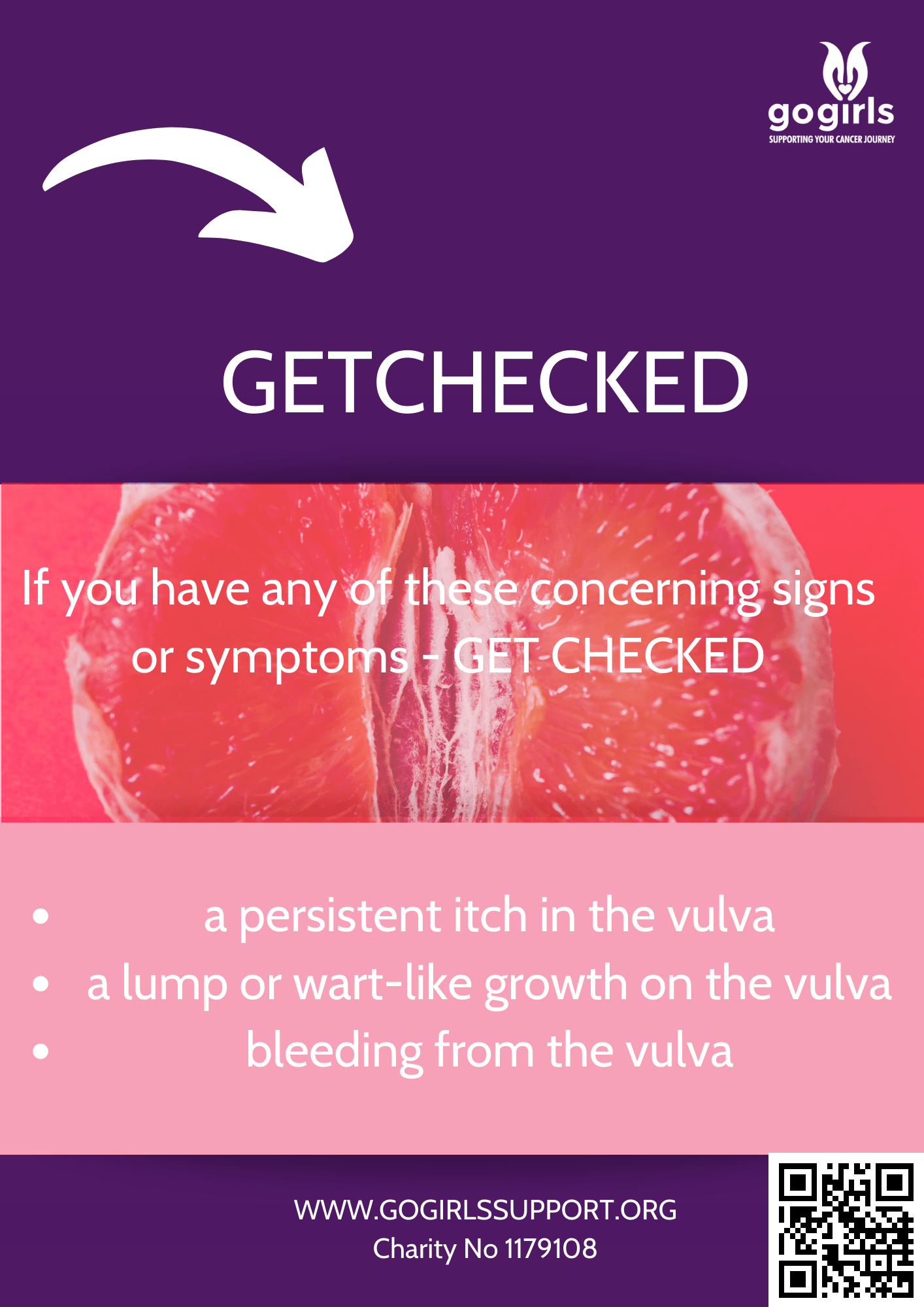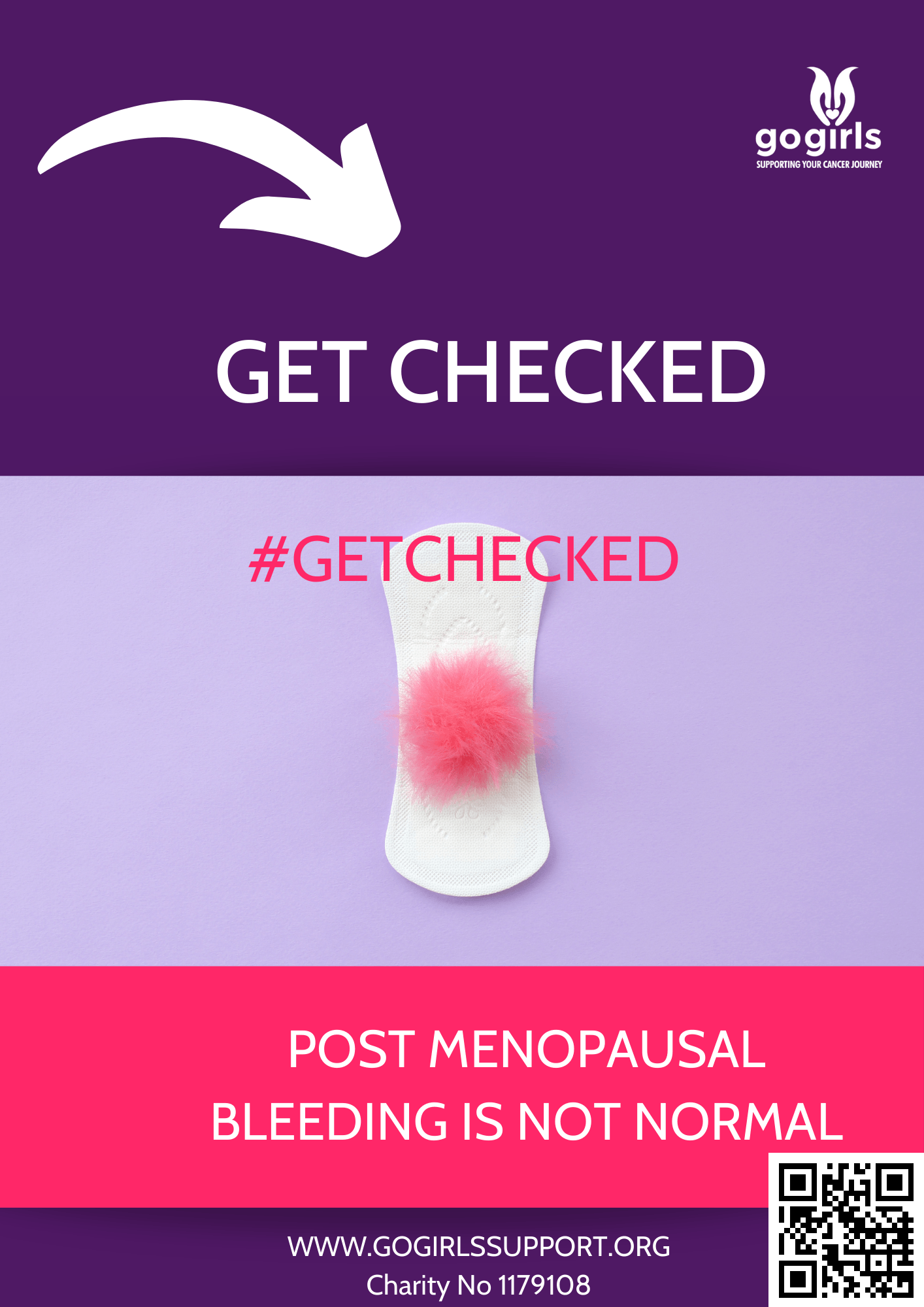Urine test for Ovarian Cancer
- by Sarah Knapton, Science Editor
- •
- 11 Sept, 2018
Simple urine test for ovarian cancer which could radically improve survival rates on the horizon
A simple urine test for ovarian cancer which could radically improve survival rates is on the horizon.
Scientists at the University of Hull have discovered a protein which is present in the tissue of women suffering from early stage ovarian cancer when there are no symptoms.
Often women do not realise they have the disease until it is too late, and are diagnosed at stage three, when just one in five will survive for five years.
But the new test could spot cancer as early as stage one when there is a 90 per cent chance of survival, which charities said would be ‘the holy grail’ in prevention.
What you need to know | Ovarian cancer
The figures: 7,000 women a year in the UK are diagnosed with ovarian cancer and of those around 4,000 will die – which is 57 per cent. Most women diagnosed are over 50. ‘However, 20 per cent are under 50 and we’ve known teenagers and 20-somethings to be diagnosed,’ says Katherine Taylor of Ovarian Cancer Action.
Symptoms include: stomach pain, bloating, feeling unusually full after eating, urinary pain, urgency and increased frequency of urination. ‘However, symptoms can be nebulous,’ says Taylor. ‘So know what’s normal for you. If your symptoms are persistent, unresponsive to treatment or change, keep a symptom diary and see your GP.’ Find a symptom diary and app at ovarian.org.uk.
Risk factors: Having a mother or aunt who had breast or ovarian cancer (see ‘genetic testing’, below), especially if they were under 50 when diagnosed with ovarian cancer or 40 with breast cancer, means you are more likely to have a BRCA gene mutation. Men can also be carriers and pass it to their children. Taylor says the chance of inheriting the BRCA gene is one in two. Other risk factors include having started your periods at an early age – as the risk increases the more times you ovulate. (For that reason, being on the Pill, having children and breastfeeding reduce your risk.)
Genetic testing: A recent study by Cancer Research UK found there are an estimated 32,500 women in the UK who unknowingly have the ovarian cancer gene, which increases their risk of developing the disease greatly. Researchers have also discovered women with the mutated gene are more likely to be diagnosed with later stage ovarian cancer. ‘We urgently need ways to detect ovarian cancer early, as it is often diagnosed when it’s too late for effective treatment,’ says Cancer Research’s Nell Barrie.
Screening: While mammograms and smear tests are used to screen women for breast and cervical cancer, there is currently no routine screening test for ovarian cancer. But a new study published in December in The Lancet has found a potential screening method combining a blood test for a ‘tumour marker’ and a mathematical formula that takes into account a woman’s age and observing any changes over time to give a risk score. While it has been described as promising, it’s a long way from being implemented. ‘This is almost there,’ says Dr Usha Menon, co-author of the Lancet article and professor of gynaecological cancer at University College London. ‘But not yet.’
“What’s interesting about ovarian cancer is it’s like a silent cancer. It develops in the middle of your tummy, and it’s not uncommon for women as they get older to start gaining a little bit of tummy weight,” she told the British Science Festival in Hull.
“The problem of having an ovary cancer is it tends to develop right in the middle of this area and it’s not very easy to see, so by the time you become aware of the problem it tends to be quite well developed.
“And it happens at an age when most women are going into menopause so suddenly your periods aren’t working as normal then it is easy to think it is menopause rather than anything more sinister.
“We wanted to look for proteins that were unique to ovarian cancer. We were hoping it would make it easier to diagnose ovarian cancer. A stage three diagnosis can mean survival rates as low as 20 per cent, but with early detection that can be increased dramatically to around 90 pr cent.”
Around 7,200 women are diagnosed with ovarian cancer in Britain each year and just 35 per cent will still be alive within 10 years because so many people are diagnosed too late.
Ovarian cancer | How to spot the signs
Christina Fotopoulou, consultant gynaecological oncologist at Queen Charlotte and Chelsea Hospital in London, explains what to look out for.
- The four main symptoms of ovarian cancer are persistent stomach pain, bloating or increased stomach size, difficulty eating or feeling full quickly and needing to urinate more frequently.
- Unfortunately, these symptoms are often vague and can be confused with Irritable Bowel Syndrome (IBS), but if they don’t go away, you must go to your GP. A doctor is likely to see just one case every five years and, sadly, 70 per cent of those diagnosed are already at the late stage 3 or 4 – so it is important to be vigilant.
- Having children and taking the contraceptive pill are protective factors against ovarian cancer, but there are exceptions. Fifteen per cent of patients have a mutation in their BRCA gene, which makes it more likely that ovarian cancer will develop.
Current tests for ovarian cancer also pick up other disease, such as infections and the false positive rate can be as high as 80 per cent.
In tissues the new biomarker, dubbed ‘ovarian cancer protein’ was detectable in 18 per cent of stage one cancers and 36 per cent of stage two cancers which could potentially save thousands of lives.
The team is currently testing the biomarker in urine samples of women with ovarian cancer to find out if they also contain the protein and are due to publish their results shortly.
If successful, the team hope a simple urine test will be available within the next two o three years and be given alongside other regular health checks.
“Our biggest hope is that we find this protein in urine and it will provide a screening method for patients who go into a Well Woman clinic and have their breasts checked and they will do a test for ovarian cancer,” added Dr Guinn.
“It will help us confirm a diagnosis of ovarian cancer at the earliest stages. We’re on the last step, we’re very close.”
Chief Executive of Target Ovarian Cancer, Annwen Jones, said: “Early detection of ovarian cancer is the holy grail. Research into new biomarkers shows extreme promise and we look forward to a future where more women are diagnosed at the earliest possible stage.”
Recent Articles

In the process of becoming a lawyer, Jessica has played a pivotal role in assembling and guiding several businesses on a multitude of levels that assist in promoting ethical, social and industry standards. Alongside providing hands-on support to businesses, Jessica is a founder of charity Bona Fide, where she established and drove forward the ‘Beyond Bluewashing’ initiative, to bring public attention to the unethical corporate world and its effects on society. In addition, she has published many academic journals, articles and law reviews in the area of business law, as well as encouraging corporate philanthropic encouragement. Jessica is a keen advocator for causes close to her heart, one of which is related to GO Girls, as she is passionate about propelling forward awareness on these overshadowed cancers that impact many globally.













